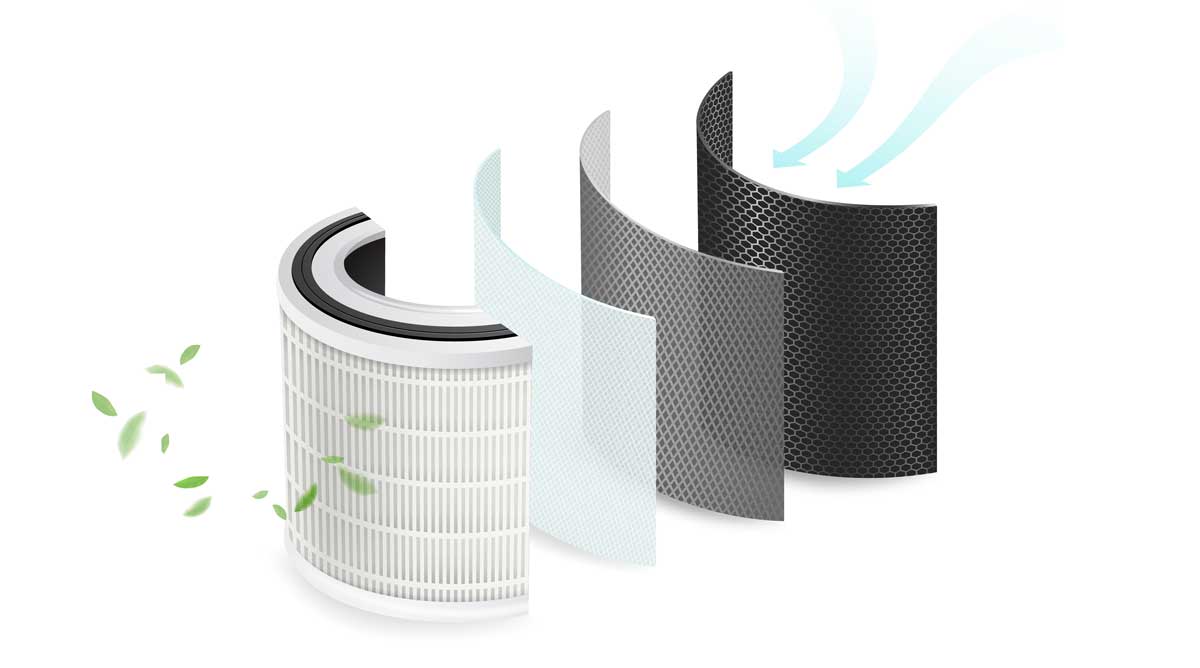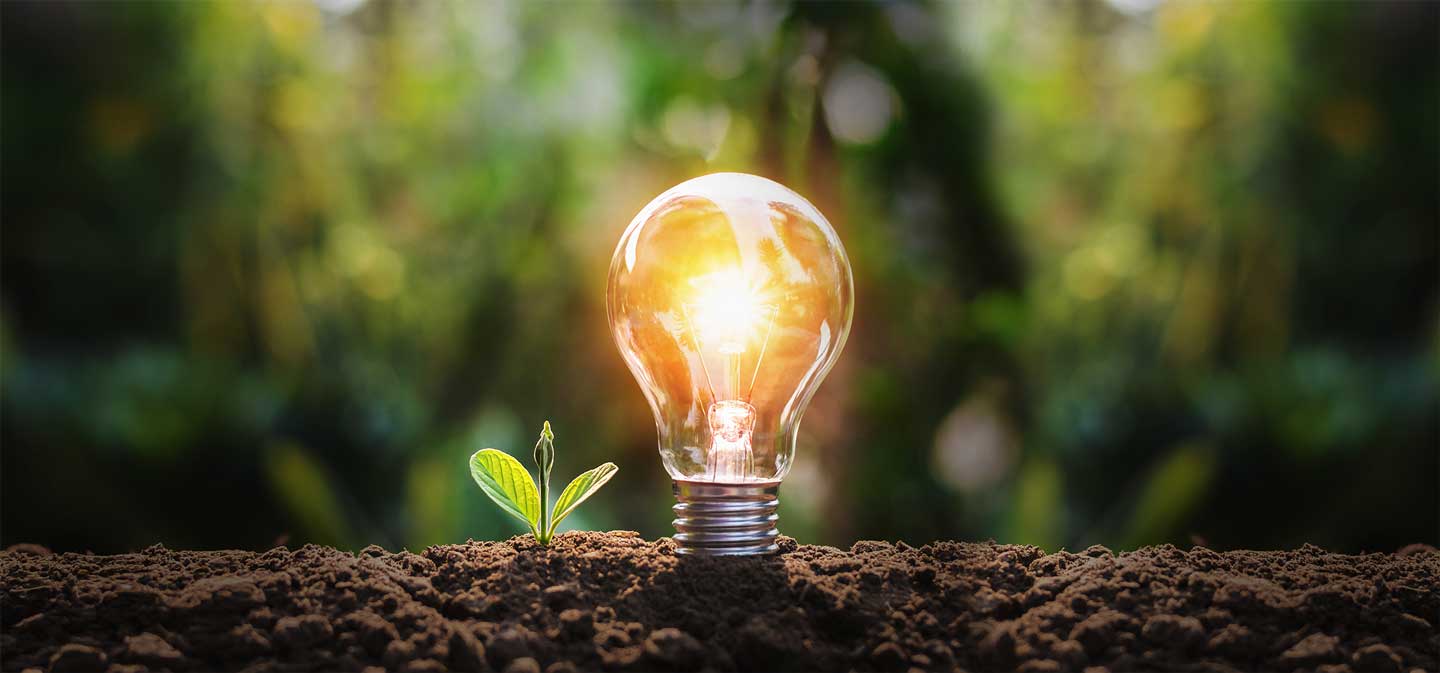Polymers are everywhere.
They’re in our packaging, our money, our cosmetics…and according to some studies, even in our drinking water. For all the “bad press” polymers – basically chains of repeated molecules – get, they’re doing a lot of unrecognized good. In fact, one of the most important ways polymers affect our daily lives is in the purification, not contamination, of our drinking water!
Polymers as Filters for Wastewater
It’s a well-known fact that our water reservoirs won’t last. That’s why scientists in the most populated parts of the world have been working for decades to convert wastewater and sewage into potable water; large cities in the U.S. are already deriving significant percentages of their drinking water from wastewater. How does the process work? It all comes down to polymers.
Membrane filtration, the process of passing contaminated water through what is essentially a tiny sieve, removes both large and microscopic particulates. Polymers are making advanced filtration possible thanks in large part to inherent qualities like durability, binding affinity, and predictability. Today’s polymer filters create drinkable water out of sewage using networks of mesh as fine as human hair.
Filtering Water through Chemistry
In addition to the physical process of “straining” contaminants from water, polymers are being used to chemically separate major pollutants from water, too. Polymers are incredibly absorbent, so much so that recent studies have shown an exponential increase in the amount of dangerous lead ions they can remove from water versus active carbon filters.
Ions of certain contaminants – heavy metals, dyes, oils – are quick to “bond” with the fluorine atoms in specific polymers, effectively filtering them out of a water solution. An added benefit of these kinds of polymer filters is that they can be washed in alcohol and reused. For now, the challenge rests in expanding this chemical capability beyond household drinking filters into larger applications.
Similarly, scientists are using polymers to improve the Eastern practice of storing water in a copper vessel; copper oxide is a natural antibacterial. The problem lies in residual copper contamination of the water itself, which is then ingested in unknowing individuals. Studies suggest that coating the vessels with a polymer membrane may cause the copper to be released more slowly, reducing the amount ingested over time. Tests are underway to determine the correct proportions and thicknesses of polymer needed to make copper water filtrations safer on a broad scale.
Water will soon be one of the most sought-after resources on our planet. Chemists all over the world, especially in impoverished areas, are working at breakneck pace to create affordable, scalable solutions for water purification. As it turns out, synthetic polymers may be the best tool we have for reaching total water sustainability.
Noah Chemicals partners with companies and researchers around the world to provide high-purity chemicals for water filtration. Ready to find out more? Reach out to our in-house chemists today.




